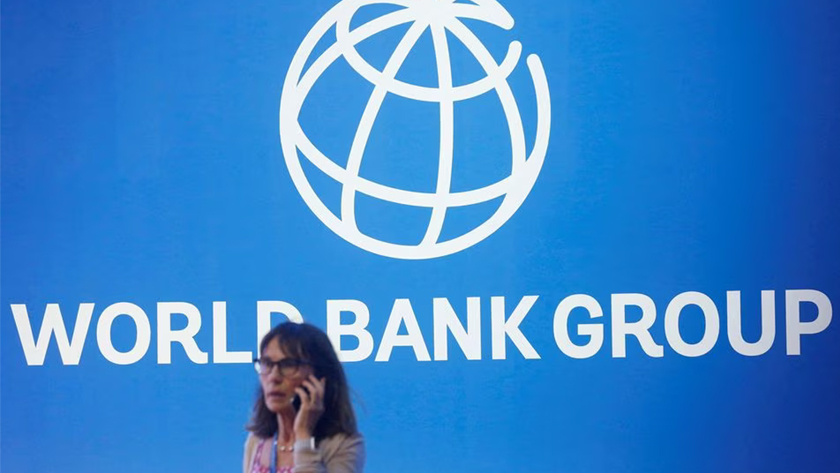Iran Press/ Africa: The World Bank announced on Thursday that it has authorized a grant of $150 million to assist Chad in lowering the danger of floods and bolstering urban planning.
Chad experienced its highest seasonal rainfall in over 30 years in 2022, which made portions of the capital N’Djamena only accessible by boat and prompted thousands of people to evacuate their inundated houses.
President Mahamat Idriss Deby of the nation in central Africa proclaimed a state of emergency and put a plan in place to respond to the situation by offering food, shelter, and sanitary facilities.
According to a statement from the World Bank, floods in the city’s capital highlighted the necessity of spending money on emergency response, better urban drainage systems, and protective infrastructure.

“The long-term vision of this project is to transform N’Djamena into a more resilient, green and sustainable city,” said Clara De Sousa, World Bank country director for Chad.
The statement added the project aims to establish a long-term partnership between the government of Chad, the city of N’Djamena, the World Bank and other partners working on this issue.
Floods are not uncommon during the central African country’s rainy season, which usually runs from May to October in its central and southern regions. But last year, the rains came early and were more abundant, quickly overwhelming drainage channels and ponds.
A landlocked Sahelian country in central Africa, Chad is grappling with security challenges associated with conflicts in bordering countries as well as the impacts of climate change, in particular accelerated desertification and the drying up of Lake Chad.
With more than 450,000 refugees from Sudan, the Central African Republic, and Nigeria, Chad continues to deal with the consequences of tensions in neighboring countries.
Although Chad had made progress on poverty reduction, with a decline in the national poverty rate from 55% to 47% between 2003 and 2011, the number of poor increased from 4.7 million in 2011 to approximately 6.5 million in 2019. In 2018, 42% of the population was living below the national poverty line.
Chad’s score on the World Bank’s Human Capital Index is 0.30. This means that a child born today will be 70% less productive in adulthood than a child who received a quality education and benefited from appropriate health services. Moreover, 20% of Chadian children will not make it to their fifth birthday, and 40% of children suffer from stunting, which can have long-term implications for their cognitive development. Between the ages of 4 and 18, on average, children in Chad spend no more than five years in school.
With 856 deaths for every 100,000 live births, Chad has one of the highest maternal mortality rates, a phenomenon aggravated by the high number of early pregnancies (164.5 births per 1,000 adolescents between the ages of 15 and 19).
224
Maryam Abolbagha

